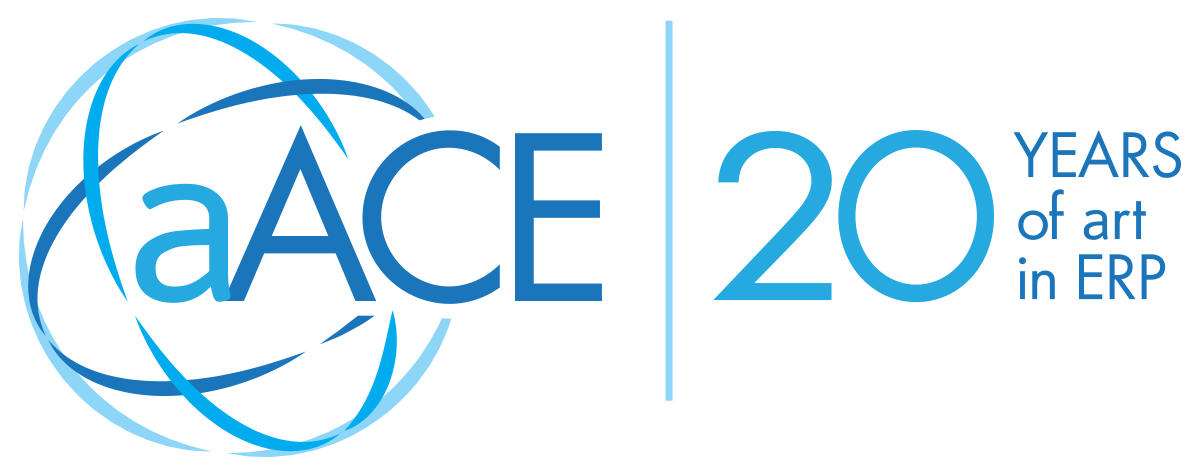With the independence and excitement of starting your own business, there also comes the pressure of completing your own taxes. But one thing worse than taking care of your tax obligations is NOT taking care of them.
 To help you with extra tax support for small businesses, the U.S. Small Business Administration has prepared a listing of 8 important areas you should check on. Their article includes several useful links for more detailed explanations and steps on how to complete tax-related tasks. Read on to find out which topics are most relevant to your new company.
To help you with extra tax support for small businesses, the U.S. Small Business Administration has prepared a listing of 8 important areas you should check on. Their article includes several useful links for more detailed explanations and steps on how to complete tax-related tasks. Read on to find out which topics are most relevant to your new company.
- Business Structure
- Federal Tax ID
- Estimated Taxes
- Tax Reporting Season
- Freelancers and Contractors
- Employment Tax
- Property Tax
- Sales Taxes
1. Business structure
Your tax obligations will differ based on how your company is organized. For example, while sole proprietorship, general partnership, LLC, and S Corp structures can report business results on a personal tax return, C Corps are not allowed to do this. And the differences multiply when you explore the state-level tax requirements.
2. Federal Tax ID
As with the tax obligations, different business structures also have differing requirements for federal identification. An EIN (Employer Identification Number) is mandatory if your company is a corporation or partnership. Likewise, if you have employees in your shop, you’ll need an EIN to assist with employment taxes (see below). On the other hand, sole proprietorships are typically able to operate using an SSN.
3. Estimated Taxes
The transition from employee to entrepreneur can be tricky here. While your employers were responsible for sending regular payments to the state and federal government, as a new boss you have a new responsibility to send in those checks. This means you must keep funds available to cover these payments each quarter. Calculating and delivering each estimated payment will also require some planning. However your business structure will again affect the details of this obligation. Certain structures must be responsible for more than $1000 income tax for the year before the pay-as-you-go model applies.
4. Tax Reporting Timeframes
Your calendar may never be more important than when it’s posting a reminder about the quarterly estimated taxes. In the same way, planning ahead for income tax season can help you minimize your stress, as well as your employees’ stress when they’re waiting for W2 or 1099 forms. Take advantage of calendar events to help you meet all the deadlines.
5. Freelancers and Contractors
Business trends are showing a rise in contractors and freelance workers. These flexible situations can benefit both you and the freelancer. But they bring unique tax requirements as well. Be sure you know exactly what kind of contract you want to offer and what tax obligations it will entail.
6. Employment Tax
Your team plays a huge part in your business success, whether you are running a retail shop or a manufacturing warehouse. Each employee also brings a responsibility for you to withhold Social Security, Medicare, and income taxes. For this vital aspect of business, the IRS has created a free guide to help clarify reporting, deposits, and deadlines.
7. Property Tax
Not every small or mid-sized business will need a dedicated office space, but as your company grows this will become more important. So even if you don’t need information about state taxes on real estate now, you probably will later on. More immediate, there may be local taxes―assessed at the county or city level―for other property owned by your company. This might include assets like vehicles, computers, and software. Check with your local tax authority to learn about the registration and payment requirements.
8. Sales Taxes
This is one of the most complicated tax obligations. While a few states don’t assess this tax, most require a quarterly or even monthly payment from each business with a physical presence in the state. In addition, the use of drop-shipping services might make you liable for sales taxes in states on the other side of the country. When it gets into this level of complexity, working with a reliable partner like Avalara can be an excellent investments. Their expertise can help you conserve your resources for the tasks that will help your company grow.
As an entrepreneur looking to leverage each benefit for to additional effect, you can integrate tax support into your business operations software with aACE, maximizing your business velocity. Take advantage of tools to handle the chores of running a new company, saving your time and attention for the exciting parts.




